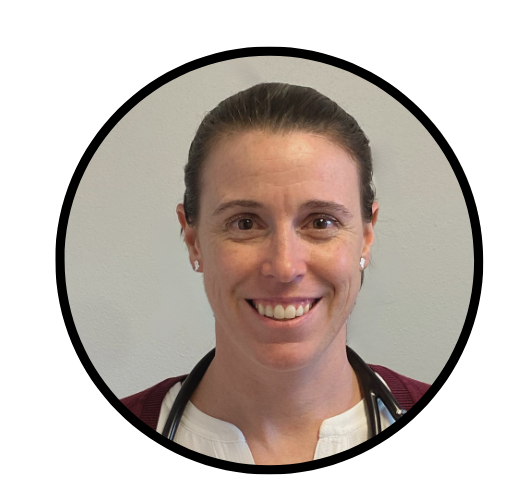
2024 TN HIMSS Hackathon: CARE an AI-Powered Nurse Training Solution
The 2024 TN HIMSS AI Hackathon was a 5-week event focused on leveraging AI to solve critical healthcare challenges, with particular emphasis on the issues faced by nursing professionals.
Kicking off on September 24, 2024, the hackathon tasked teams with developing innovative AI-driven solutions that could help to improve nursing workflows, patient care, and nurse training. The hackathon’s judging criteria emphasized these three key areas of innovation to focus on:

Fifteen teams signed up for the event and were given access to valuable technical resources provided by NTT DATA and Microsoft. Experienced nursing professionals were available to advise entrants. Each team focused on creating solutions that prioritized impact, innovation, and technical complexity. The aim was to develop a system that could make a measurable difference in patient care and the nursing experience, and that’s exactly what Rōnin Consulting built.
Technologies Used
Cloud Environment
- Microsoft Azure
Database
- Simulated data loaded in Azure SQL
Front-End
- React JS running in Azure
AI-Voice Services
- ElevenLabs text-to-voice
User Authentication
- Azure Entra ID
Large Language Model
- OpenAI 4o Agents and Tools Integrations, +RAG
The Challenge
Nurses frequently encounter high-pressure situations that require not only clinical expertise but also strong communication and emotional intelligence. Managing difficult conversations, such as delivering bad news or addressing non-compliance with treatment plans, can be especially challenging without proper preparation.
Traditional classroom and online instruction are limited in their ability to replicate the diversity of real-world patient interactions. These training methods fail to provide the dynamic, individualized practice nurses need to effectively navigate varying cultural contexts, language barriers, and emotional states.
The TN HIMSS AI Hackathon presented Ronin with an opportunity to address these limitations by leveraging AI to create a more immersive, adaptable, and life-like training platform, giving nurses the tools to practice complex scenarios in a safe, controlled environment. This challenge was not just about improving communication skills but also about enhancing nurses’ overall readiness and confidence in handling a wide range of patient’s needs.
The Solution
Team Rōnin developed a powerful AI-driven application for personalized nurse training. Leveraging technologies such as OpenAI, Microsoft Azure, and ElevenLabs, the team created the Communication and Response Education app, or CARE. This innovative platform simulates a wide variety of patient encounters, aiming to improve nurses’ communication skills and adaptability in real-world situations.
CARE utilizes AI agents configured to play the roles of individual patients, as well as a communication and nursing coach, offering highly realistic, interactive experiences. The application is data-driven, enabling the addition of new scenarios and learning paths as curriculum demands evolve, ensuring it remains flexible and extensible over time. By simulating everything from routine care to complex, emotionally charged conversations, CARE equips nurses with the skills necessary to navigate diverse and challenging scenarios.
The Process
- Kick-off & discovery: After the September 24 kickoff, team Rōnin identified key pain points in nurse training. We validated and refined our idea with feedback from real nurses and focused on simulating complex patient encounters.
- Design and planning: The team designed an interactive front end using React, integrated with Azure SQL for data storage, and used OpenAI’s LLMs and development tools to generate patient interactions. ElevenLabs’ text-to-voice features added realism to these scenarios.
- Development and iteration: Over a focused three-week period, the system was developed and rigorously tested, with continuous improvements made to refine the AI’s responses and enhance the feedback mechanisms. Medical care plans were researched and gathered. These were given to the LLM via RAG to give the LMM additional knowledge when evaluating nurse interactions. Several nurses also weighed in with their feedback to help make the training experience represent real-world patient encounters.
- Final submission: On October 14th, the team submitted their solution for preliminary judging and were thrilled to be selected as one of the top two finalists within the Professional group of entries. Our entry had the highest overall score from the first-round judges. The next step was to prepare for the final presentation to a C-suite panel at the hackathon’s closing event on October 30, 2024.
- Closing ceremonies: The closing event was well-attended and filled with lively energy as participants and supporters gathered to celebrate the hard work and innovation showcased over the five-week AI Hackathon. A distinguished C-suite judging panel from leading healthcare organizations, including Vanderbilt University Medical Center and HCA Healthcare, evaluated each entry based on innovation, technical difficulty, healthcare impact, and potential to improve patient care. Rōnin Consulting was named the overall winner in the Professional Division, and Zach B. from MTSU won in the Academic Division.
The Results
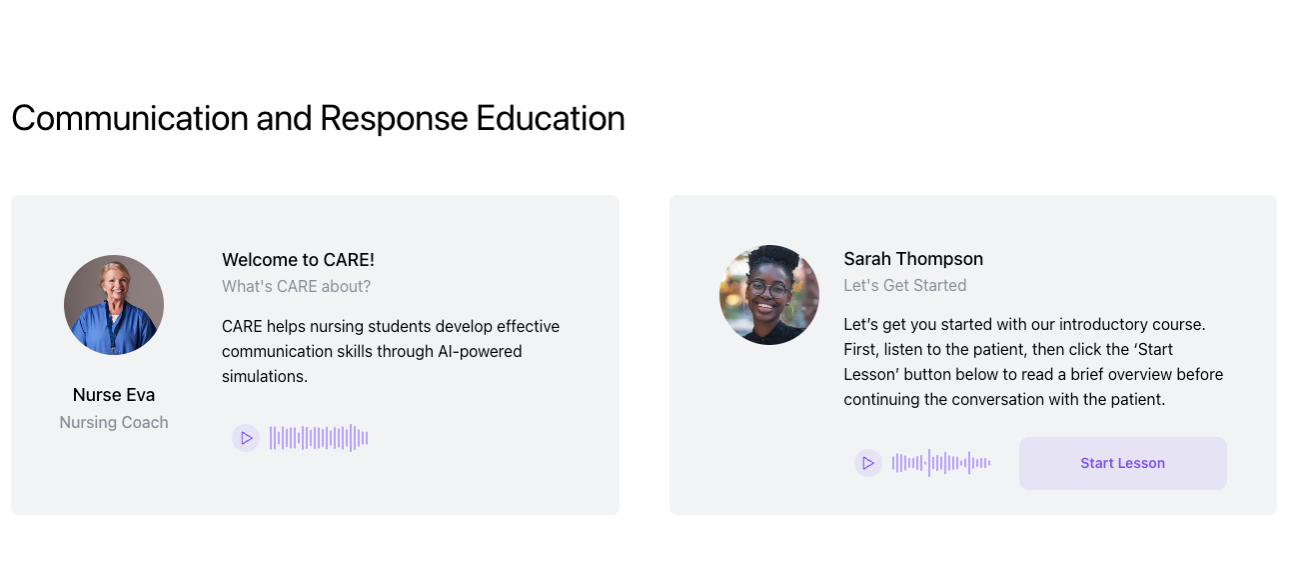
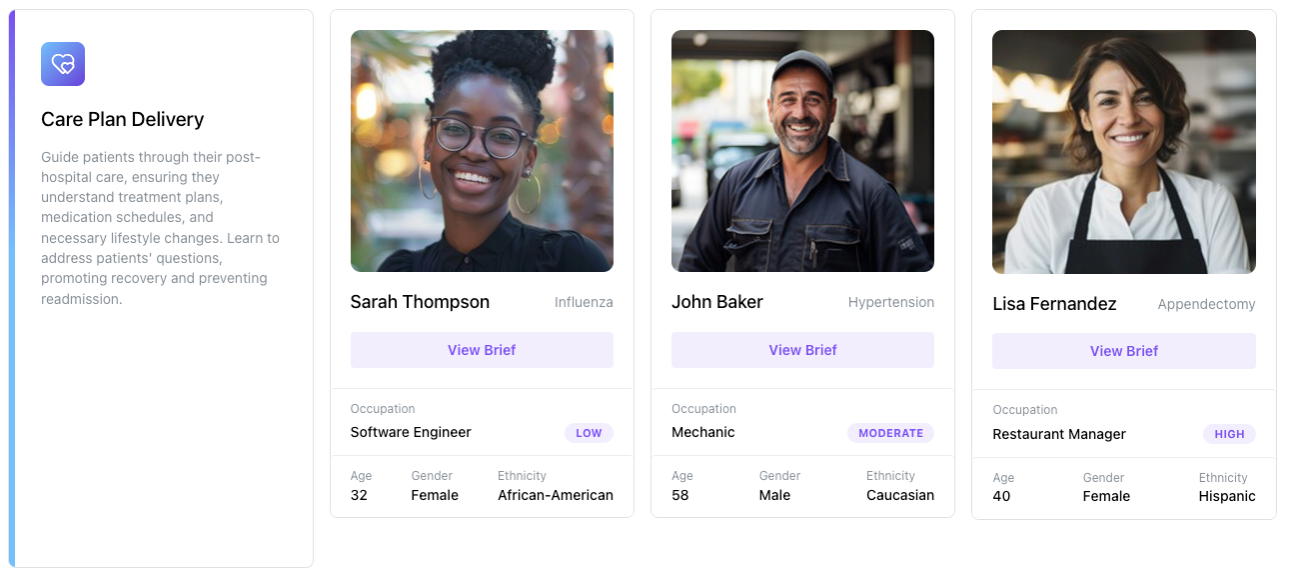
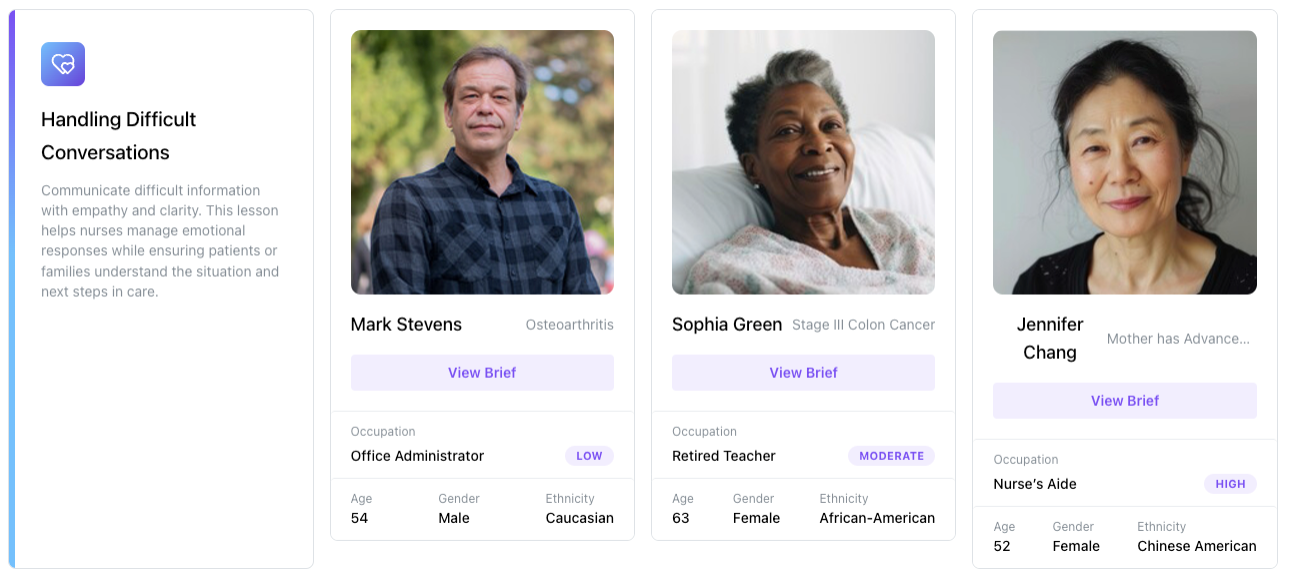
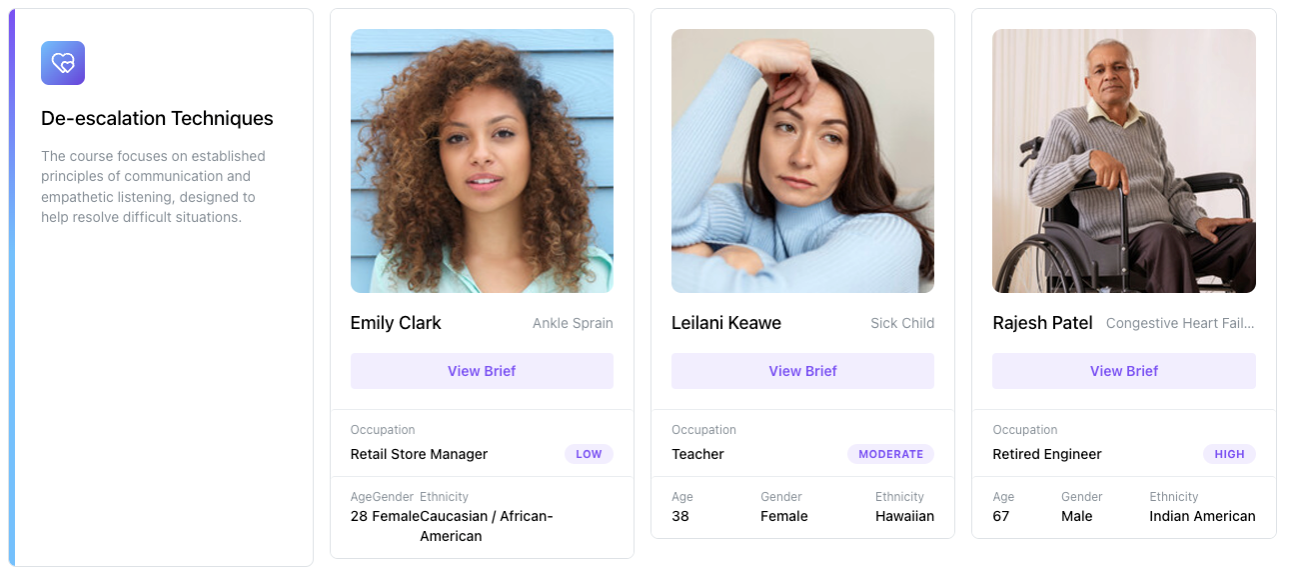
Team Rōnin’s AI-driven solution has the potential to revolutionize nurse training by offering a scalable, immersive, and realistic platform for practicing complex patient interactions. The CARE app enables nurses and student nurses to receive immediate feedback that can help them develop critical communication skills in diverse scenarios by leveraging advanced AI technology.
The TN HIMSS AI Hackathon provided the perfect environment for rapid prototyping, allowing the team to turn their vision into a functional solution quickly. Early testing demonstrated significant improvements in training efficiency and skill retention, validating the immense potential of AI to transform healthcare education. The CARE app addresses some of the most pressing challenges in healthcare and improves patient outcomes by better-preparing nurses for real-world situations.
CARE Benefits for nurses include:
- Efficient use of training time
- Improved communication and care skills
- Instant, objective feedback
CARE features
Text to Voice
We incorporated text-to-voice in the app to enhance the realism of nurse-patient simulations by providing human-like responses that mirror real-life interactions. By using synthesized voice, the app allows nurses to practice listening to patients, discerning emotional cues, and responding verbally, which adds an auditory layer that closely simulates actual patient encounters.
This is particularly useful for practicing empathy, active listening, and handling language barriers and varied emotional states, which are essential skills in nursing. The voice feature also makes scenarios more immersive and helps nurses develop confidence in speaking with patients in various challenging or sensitive situations.
Multiple Scenarios
Intuitive User Interface
We designed the app with an intuitive interface to create a seamless and engaging online experience, aligning with the increasingly digital nature of nursing workflows. As more aspects of nursing, such as documentation, training, and patient interactions, move online, it was essential to build a platform that feels natural and easy to navigate.
This intuitive design minimizes the learning curve for nurses, allowing them to focus on the training content itself rather than the mechanics of the system. By creating a streamlined interface, we aimed to make the simulation feel like an extension of their daily work, enhancing engagement and helping nurses build the skills they need in an accessible, user-friendly environment.
Team Rōnin
We couldn't have built a successful project without all these involved Rōnin team members!
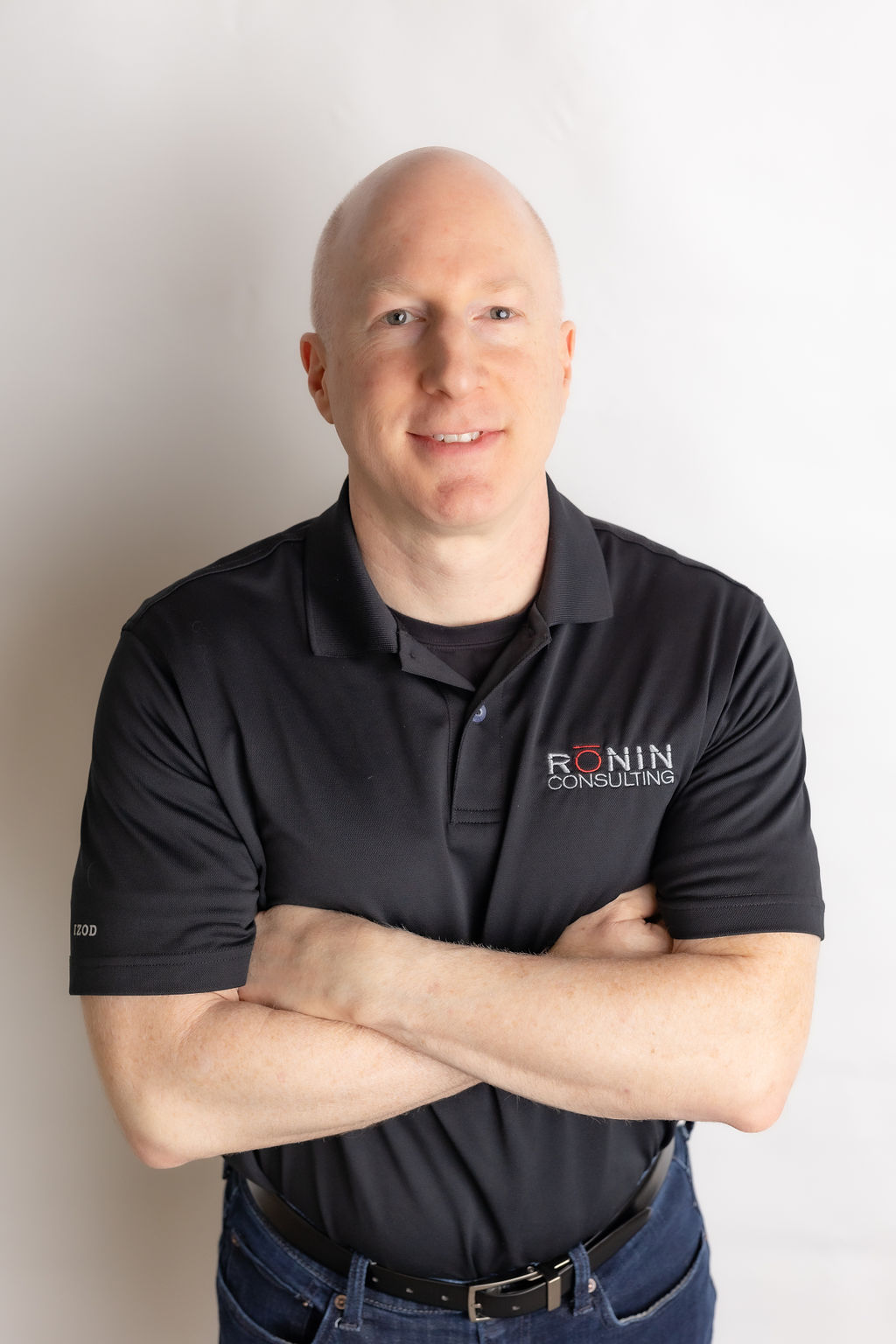
Chris Bybee
Vision, Content and Style
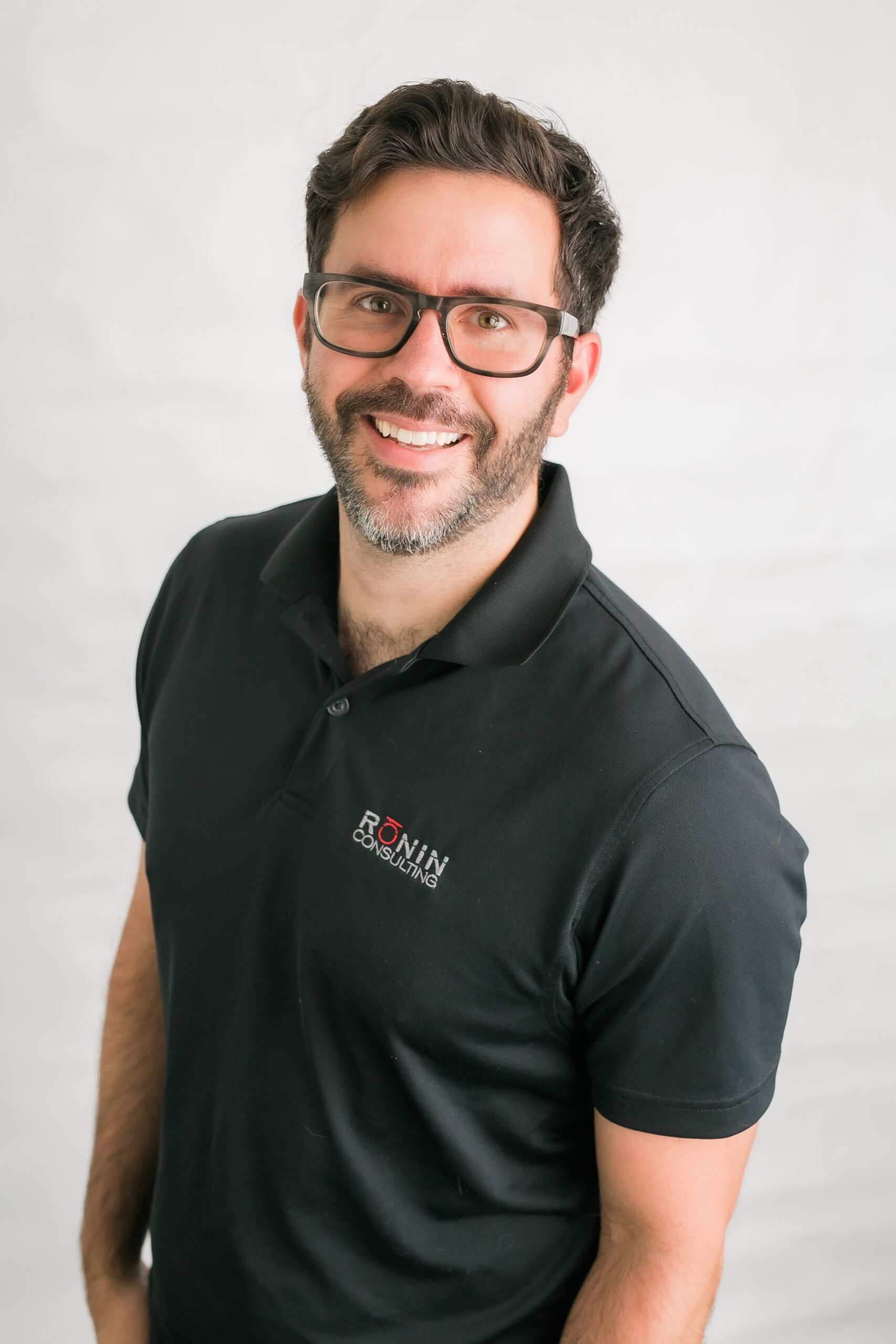
Brian Weiss
UI / UX Samurai
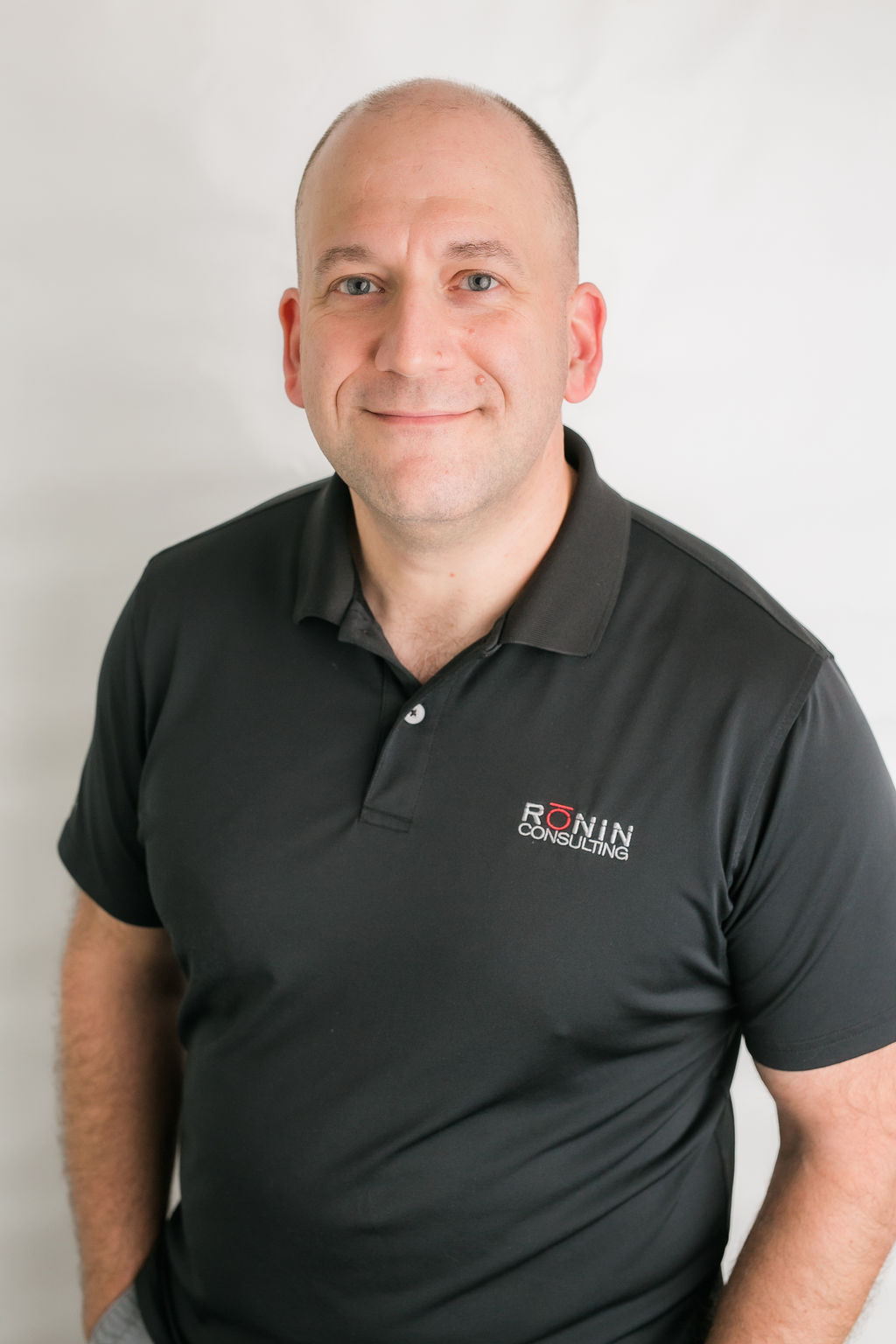
Byron McClain
Models, Prompts, and Cloud Wizardry

Chuck Harris
Story and Requirements
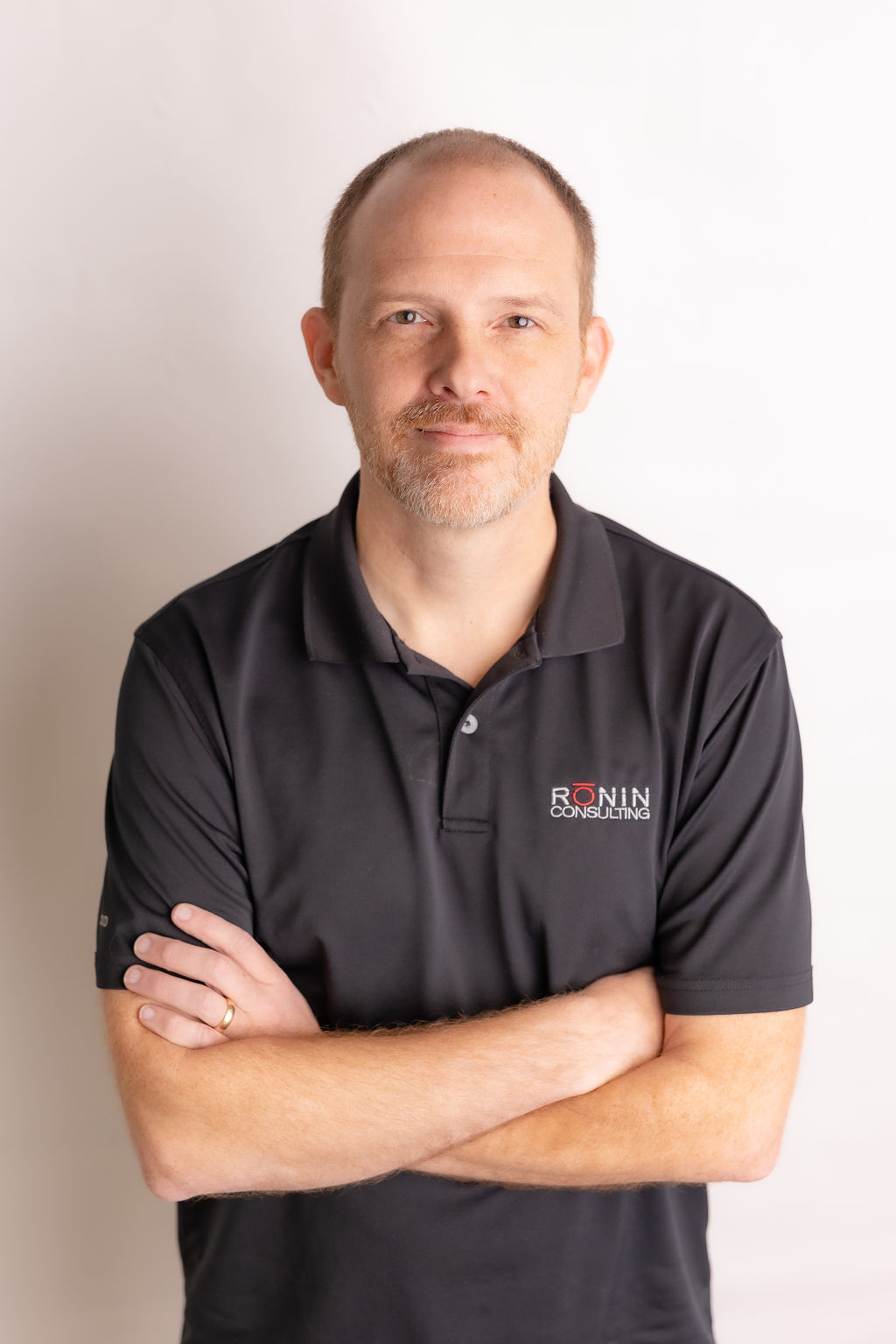
Ryan Kettrey
Developer
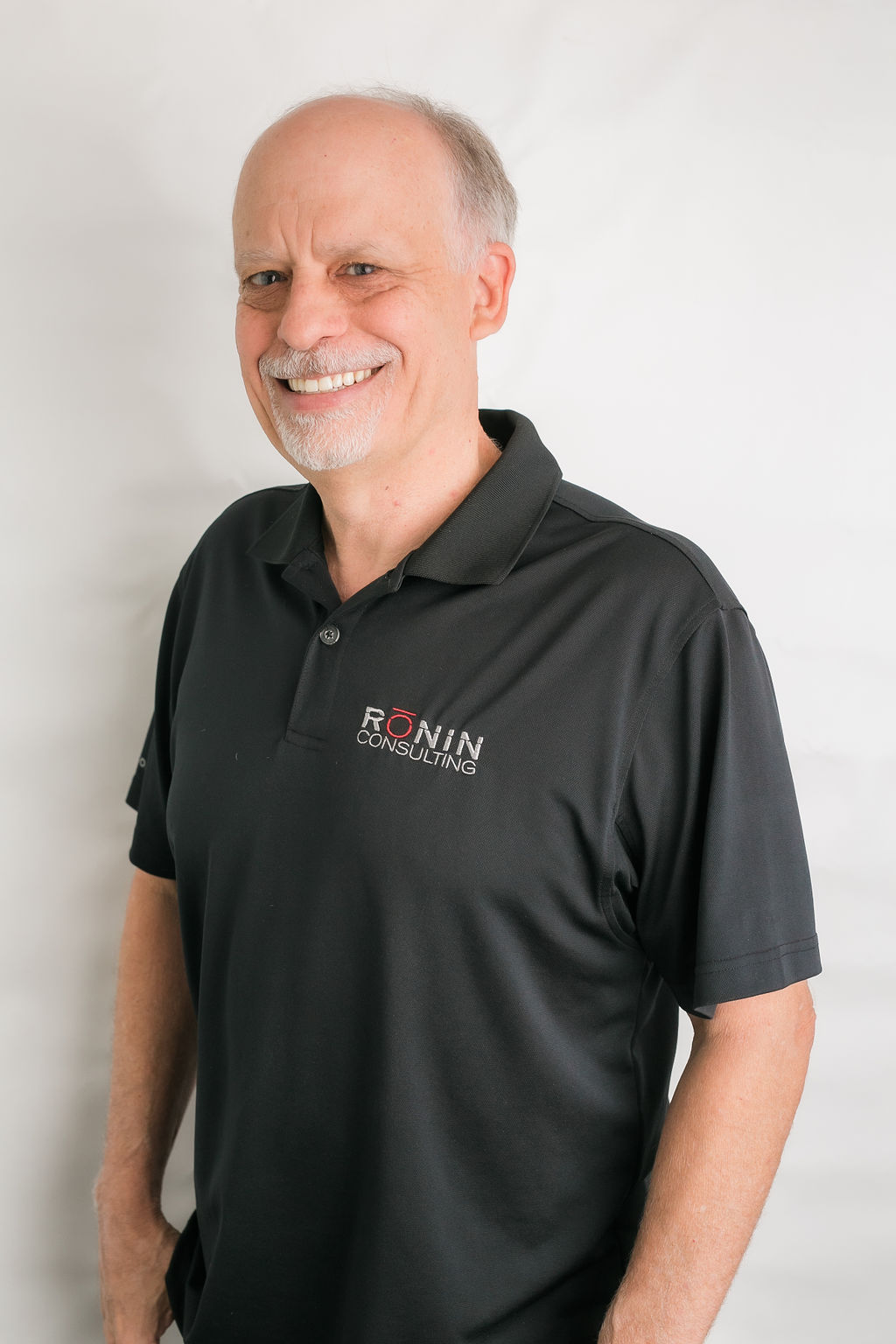
Guy Edwards
Requirements and Quality Assurance
